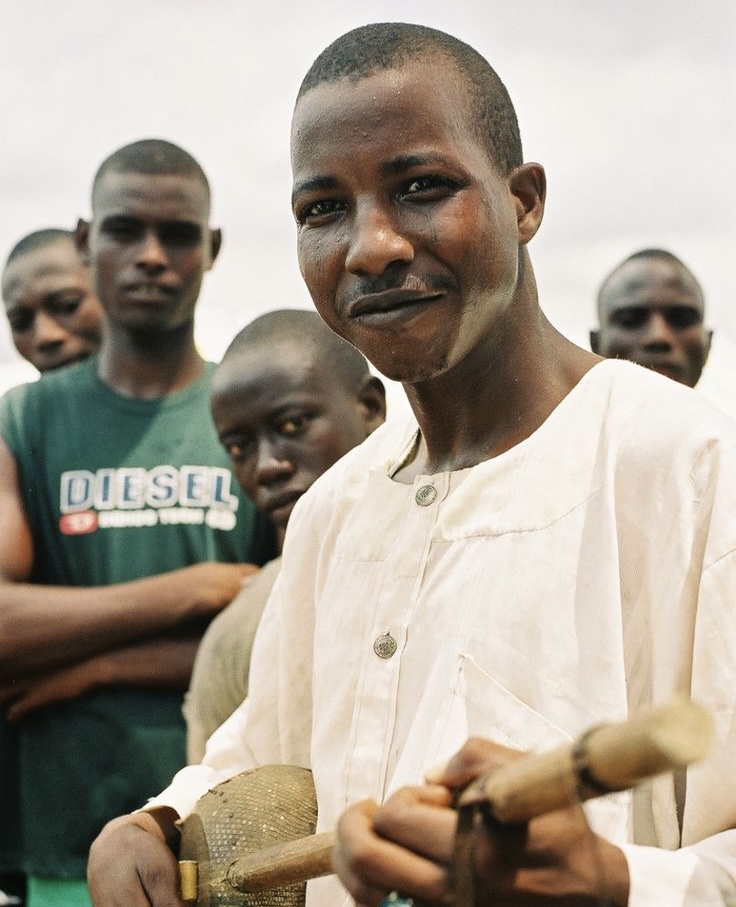
Over the past few weeks, the social media space in Northern Nigeria, especially the X platform formerly known as Twitter, has seen a considerable shift in conversations from the conventional and often irrelevant topics, gossips and banters to a more focused and issue oriented discussion of problems affecting the country ranging from mismanagement, corruption, abject poverty and unimaginable hunger the Nigerian people have been plagued with. This shift is occasioned by a new wave of energy, consciousness and vibrance brought about by a group of outspoken Northern youths who have taken it upon themselves to bring up these issues while ranting out their frustration and rage against the manifest shortcomings of government in a fiery, spontaneous and biting manner. This is unlike anything that has been seen in Northern Nigeria in recent times.
What started as a onetime live chat with a space hosted to listen to one person’s rant has interestingly culminated into an entrenched weekly platform for hundreds to express their rage and frustrations about the sad situation of the country, call out the bad leadership of the government of the day and demand for change in attitudes and psyches of both the ruling class and the masses. These passionate young persons from virtually all the Northern states reporting the realities of the common man in their respective abodes have found a common ground; realized the similitude in their shared struggles and forged a new ideology that challenges the the docility and defeatism prevalent in their society.
The rant space is essentially a confluence of persons from different backgrounds, ethnicities, careers and temperaments. This composition and spontaneity gives it a distinctive nature that stands out in the Northern cyber scene. The passionate discussions are reminiscent of the robust discussions of the pre-independence days at the Northern Nigeria Youth Movement which evolved into the Zaria Friendly Society and that of the Bauchi General Improvement Union critiquing the colonial administration. The variety in the manner of delivery is astounding, with some speaking in the fiery Sa’adu Zungur/Aminu Kano fashion while some speaking in the calm and calculated Tafawa Balewa style. Another interesting thing about it is the independence of the persons who joins the Rant space to voice out their opinions and concerns without prejudice to political affiliations they may have. However, what is consentaneously challenged is where one attempts to defend the establishment or shift blame and focus from the excesses and culpability of leaders to other secondary issues for one reason or the other. Such person is challenged empirically, logically and intellectually.
These “Ranters” present a shift from the past, a new generation of advocates and a hope to a nation on the path of doom. Their courage to challenge conventional norms, to question the political, religious and traditional leaders for their role in the failure of the nation; their independence of thought to refuse to conform to convention and conservatism that discourage speaking against authority; their boldness to say it as it is without mincing words or diluting the magnitude of the situation and the strength of the emotions it evokes by pretentious decorum or flowery circumvention. Understandably, this unsettles the establishment and its acolytes. The Ranters maintain that they prefer to speak in the language the leaders can and will understand and that the reality of the common man is uglier than their diction or mode of delivery.
We may just be witnessing the reincarnation of the Sa’adu Zungurs and the Aminu Kanos; radical intellectuals daring enough to organize the people and challenge the existing status quo not with the might of arms, but with the power of the mind and the collective voice of a conscious populace.
A striking thing about this group of young Northerners is the fluidity with which they operate, in the sense that ranting, according to these young elements, is not an association but a state of mind and hence has no leadership or structure. Therefore, any Nigerian who is fed up with the state of the nation can come on the platform to rant and speak against the failure of the system and leaders.
Whether they will succeed or not is a question of the future, but one thing remains certain, their ranting has awakened the people to their realities and to the need to hold their leaders accountable and never relent until the leaders do their job. It is a culture that is here to stay and that has a propensity of bringing about radical change that may outlive the ranters themselves.
Isiyaku Danlawan